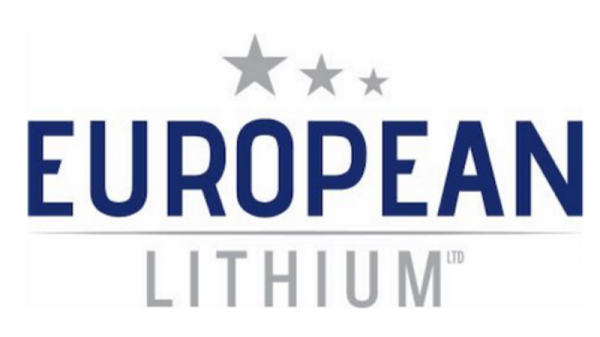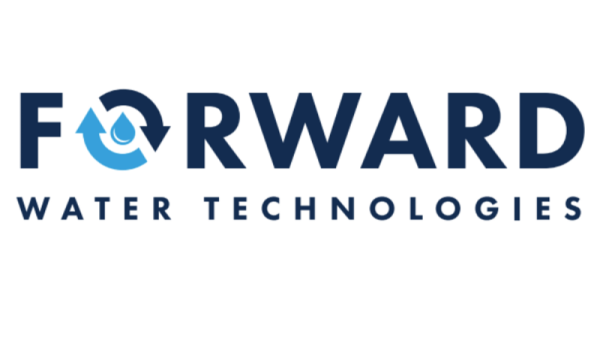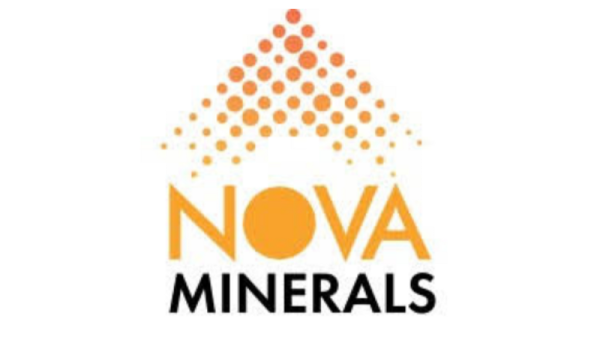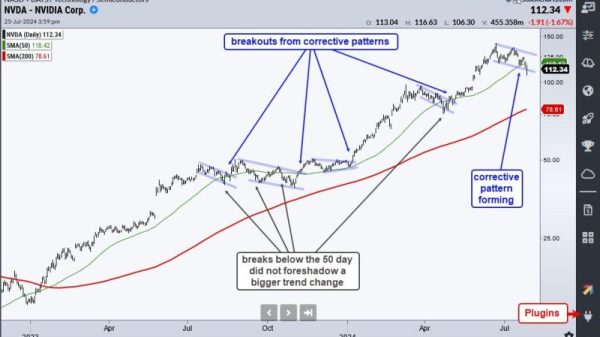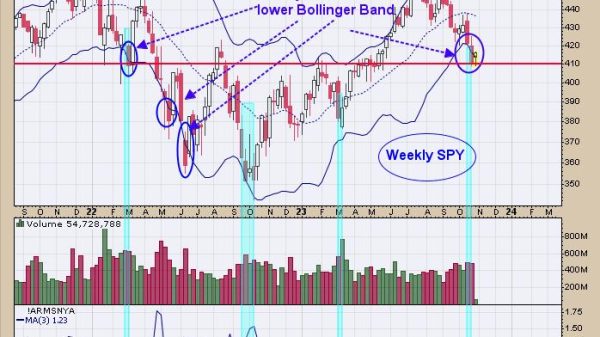Drugmakers unleashed a broadside at the Inflation Reduction Act as Medicare on Tuesday unveiled the first 10 drugs to face price caps under the law, but most affected companies won’t feel the sting for years.
In one measure of the law’s projected impact, seven companies that each own at least one of the selected drugs saw their stock prices jump as trading began on Wall Street, and most ended the day in positive territory. Most of the drugs are already expected to face competition from cheaper generic versions within two years of the price caps taking effect in 2026, meaning the law will only slightly quicken the decline of their earnings.
“The government is effectively negotiating, or controlling prices of drugs that were set to step down anyway” because of looming competition, said David Risinger, a senior managing director at Leerink Partners, a health-care-focused investment bank.
Louise Chen, a managing director at Cantor Fitzgerald, put it more bluntly. “Today is a nonevent,” she said, adding that the events played out largely as expected.
The initial list of drugs represents a watershed moment for both the Biden administration and the pharmaceutical industry, but the true impact of the law will unfold over years as Medicare selects progressively more drugs that will be subject to price maximums.
The pharmaceutical industry says its broader concern is that the IRA, which seeks to bring down out-of-pocket costs for seniors on Medicare, will stifle innovation. Six pharmaceutical companies have filed legal challenges to the law, as have the U.S. Chamber of Commerce and the pharmaceutical industry’s largest trade group, in cases that could take years to resolve.
“Today’s announcement is the result of a rushed process focused on short-term political gain rather than what is best for patients,” the Pharmaceutical Research and Manufacturers of America said in a statement.
If the IRA stands, industry analysts expect it to have far-reaching effects. Prices negotiated and made public by Medicare could affect how commercial insurers negotiate with drugmakers. Drugmakers could increasingly focus on developing larger-molecule drugs — such as vaccines and gene therapies — that have a longer runway than prescription pills before prices can be capped. Or they could opt not to pursue developing certain drugs if they determine they wouldn’t make enough money to justify their costs.
Most of the drugs that made the initial list for negotiation were widely expected by industry analysts — including Eliquis, a blood thinner that represented Medicare’s largest expenditure for an individual drug in 2021. They also include Xarelto, another blood thinner; Jardiance, Januvia, Farxiga and NovoLog, which treat diabetes, among other conditions; Enbrel and Stelara, for arthritis and psoriasis; Entresto, for heart failure; and Imbruvica, for cancers of the blood.
Still, there were some surprises. Umer Raffat, an analyst at Evercore ISI, expressed puzzlement in a research note over the inclusion of Stelara, which is set to have competition from a similar product in 2025, and Januvia, which is set to face generic alternatives from 25 companies by May 2026.
On the other hand, Amgen’s Enbrel isn’t expected to have generic competition until 2029, while AbbVie’s Imbruvica is projected to have exclusivity through 2032 — making them the most vulnerable to price controls. Matt Phipps, an analyst at William Blair, said that an IRA discount “will meaningfully reduce revenues” for Enbrel from Medicare and add to Imbruvica’s challenges as it faces more competition.
Amgen and AbbVie didn’t respond to requests for comment.
The companies that produce the initial 10 drugs subject to price caps will have a month to sign an agreement to negotiate. Medicare will make its initial price offer to the drugmakers by Feb. 1 and finalize the maximum prices by Sept. 1, 2024. The new rates won’t kick in until January 2026.
The IRA allows Medicare to begin negotiating maximum prices on drugs that lack competition from cheaper alternatives, starting seven to 11 years after the drugs win approval from the Food and Drug Administration. That is generally a shorter time frame than company patents that protect them from cheaper competition, a period they depend on to recoup their development costs and book a profit.
It’s common for companies to explore additional uses for a drug after approval, but that requires costly research. Novartis, maker of the heart-failure drug Entresto, which has been selected for negotiation, said it invested in clinical trials after winning approval in 2015 and ultimately expanded the conditions the drug is approved to treat in 2021.
Under the IRA, the company said Tuesday, “we may not have been able to invest in researching and developing Entresto in these additional indications, depriving patients of a meaningful treatment advance.”

